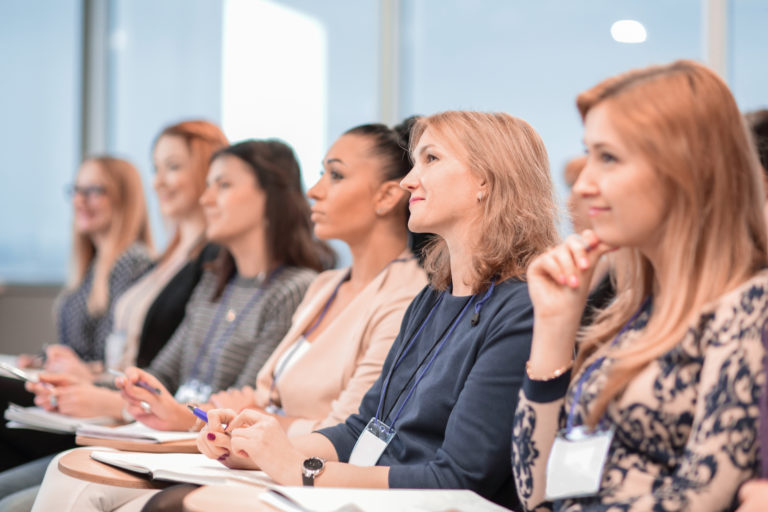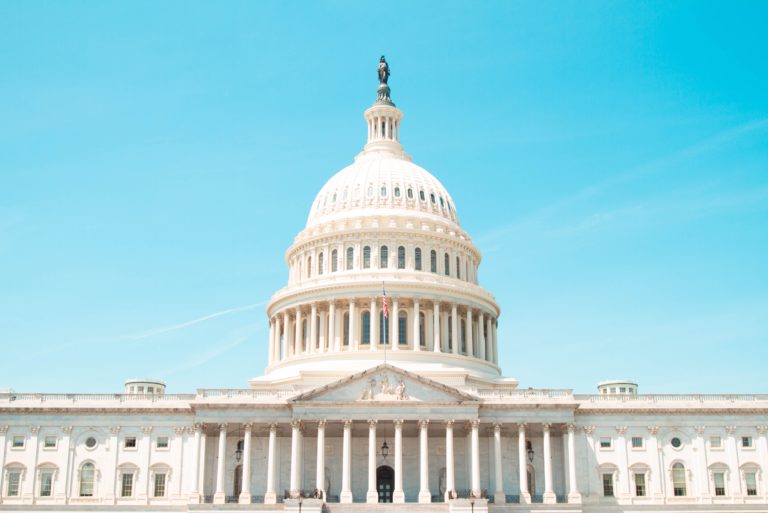Here are some quick stats on the current makeup of gender in US Politics: There…
Women Candidates for Mayor Are Making History in Boston

At the Barbara Lee Family Foundation, our team is closely following the historically diverse race for Mayor of Boston. Earlier this year, Kim Janey became Acting Mayor when Marty Walsh joined the Biden Administration. As the first person of color and first woman ever to lead Boston, Mayor Janey shattered a stubborn glass ceiling in a city with a political scene so historically insular and homogenous that our Founder and President Barbara Lee calls it the “original old boys club.”
Now, there are five candidates of color, four of them women (including Kim Janey), vying to be a trailblazing mayor and the first non-white person ever elected CEO of Boston. The general election is on November 2nd, but the field of candidates will be narrowed to the top two in less than a week via a preliminary election on September 14th.
Tonight, the candidates—John Barros, Andrea Campbell, Annissa Essaibi-George, Kim Janey, and Michelle Wu—will appear in a televised debate. The candidates will meet again tomorrow night for another debate. Here’s what BLFF’s 20+ years of research on women seeking executive office says about this week’s debates:
Demonstrating Qualifications
More than two decades of our research shows that women face higher standards from voters when they seek executive office—including the need to prove their qualifications (which are assumed for male candidates). That goes double for women of color like the four candidates in Boston’s race. And, if a woman is going to be a top decision-maker in government—the CEO of the city—voters need to be that much more convinced she is qualified.
Handling a Crisis
Over a year into the Covid-19 pandemic, the virus and its economic impact are still top of mind for many Bostonians, in addition to the ongoing climate crisis and urgent regional issues of housing and opioid addiction. We know from our research that it’s very important for a woman candidate to show she can handle a crisis—and that women have to do more to prove their qualifications to voters than men. We’re eager to see how the candidates address our current moment of ongoing, overlapping crises.
Highlighting Accomplishments
While only Mayor Janey is running as a recent incumbent, Andrea Campbell, Annissa Essaibi-George, and Michelle Wu are leaning on their extensive experience as City Councilors, and each has invoked her Council work while campaigning. Our newest research says voters want women incumbents to proactively outline their records and give specifics about what they have accomplished.
360-Degree Candidates
From Kim Janey’s recently released ad about how her lived experience informs her leadership, to Michelle Wu speaking candidly about her mother’s struggle with mental illness, Andrea Campbell sharing about her twin brother’s tragic death, and Annissa Essaibi-George speaking about being a first-generation American and a mother, we expect the candidates to continue to tie their lived experiences to their work. We know from our research that bringing lived experience on the campaign trail resonates with voters.
Contrasting with Opponents
Our research shows that voters expect more from women candidates in terms of honesty and ethics. That is why women candidates can pay a higher price for “going negative” against adversaries, even though politicians must illustrate differences with an opponent. With four women in the race, we are watching to see how each candidate will differentiate themselves for voters.
Strength vs. Toughness
Our research shows that likeability is non-negotiable for women. It is important for women seeking executive office to demonstrate strength, but seeming too tough can jeopardize likeability. Voters will vote for a man they do not like, but will not do the same for a woman. Voters evaluate a woman’s clothing, hairstyle, and tone of voice. Confidence is key for women candidates when establishing likeability with voters, who assess a woman’s confidence within 30 seconds.
Why It Matters
Voters link a strong debate performance with electability, according to our electability study. Recent polling indicated that there may be as many as a quarter of likely voters in Boston are still undecided. With not only local but national attention trained on our city, we will be watching to see the influence of this week’s debate on this race






